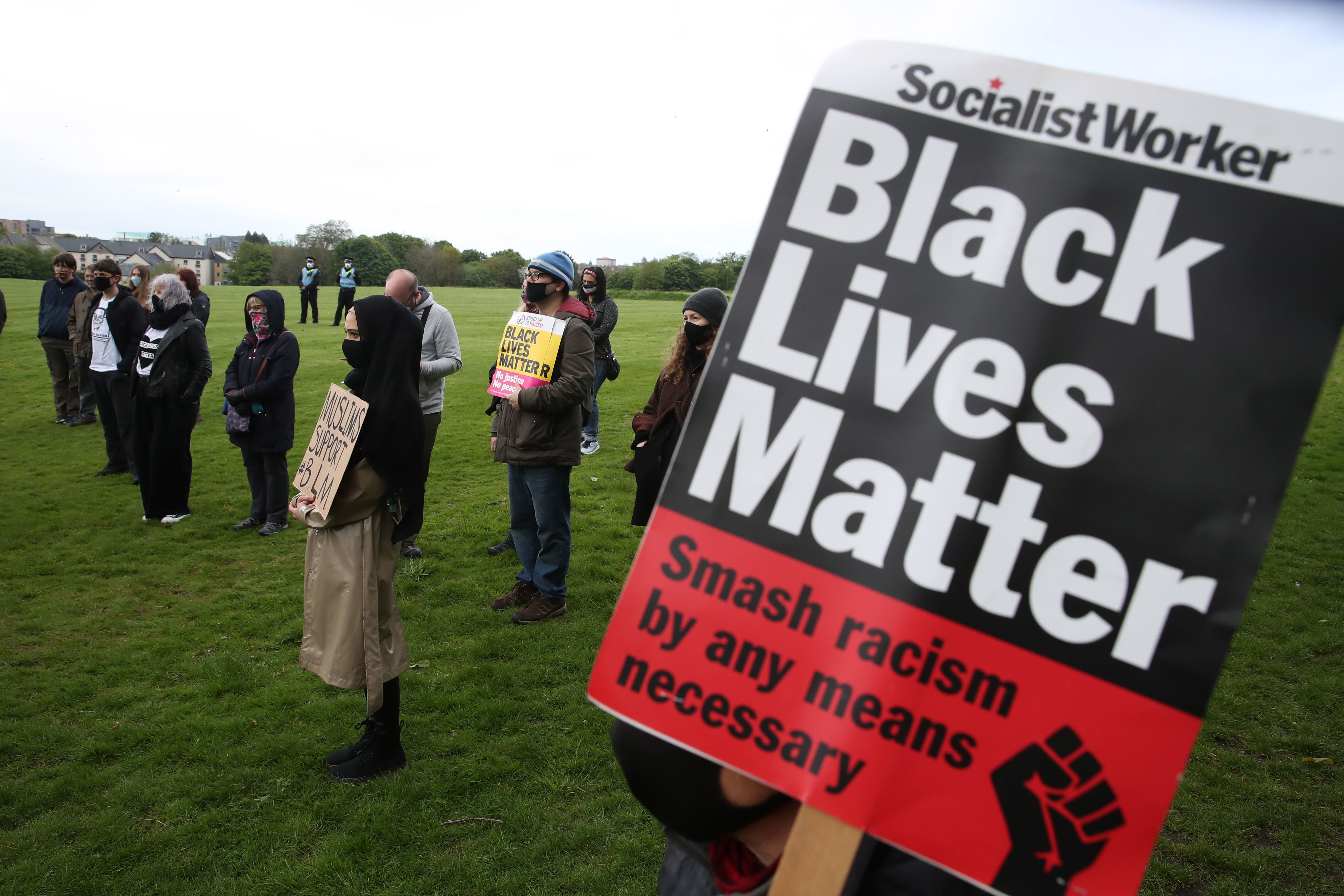Research finds UK is far from a ‘racially just society’
The research found more than one in three people from minority backgrounds have experienced racially motivated physical or verbal abuse.

Your support helps us to tell the story
From reproductive rights to climate change to Big Tech, The Independent is on the ground when the story is developing. Whether it's investigating the financials of Elon Musk's pro-Trump PAC or producing our latest documentary, 'The A Word', which shines a light on the American women fighting for reproductive rights, we know how important it is to parse out the facts from the messaging.
At such a critical moment in US history, we need reporters on the ground. Your donation allows us to keep sending journalists to speak to both sides of the story.
The Independent is trusted by Americans across the entire political spectrum. And unlike many other quality news outlets, we choose not to lock Americans out of our reporting and analysis with paywalls. We believe quality journalism should be available to everyone, paid for by those who can afford it.
Your support makes all the difference.Ethnic and religious minorities in the UK are suffering “strikingly high” levels of abuse, according to a major survey into race equality.
The research by the universities of St Andrews, Manchester and King’s College London found more than one in three people from minority backgrounds have experienced racially motivated physical or verbal abuse.
Released this week in a book called Racism and Ethnic Inequality in a Time of Crisis, the two-year research – which has been seen by The Guardian – discovered widespread inequality and racial discrimination at work, education, housing and dealings with police.
The study was headed by Nissa Finney, professor of human geography at St Andrews, who said it proved racism was “part of daily lives”.
She said: “The UK is immeasurably far from being a racially just society. The kinds of inequality we see in our study would not be there if we had a really just society.”
More than 14,000 people from 21 ethnic groups – which included white British – were questioned for the Economic and Social Research Council-funded survey between February and October 2021.
Among the findings, the survey found more than a quarter of those from minority ethnic groups had experienced racial insults with almost one in three experiencing racism in a public place.
One in six reported suffering racism from neighbours while 17% had suffered damaged property in racist attacks.
Among minority ethnic and religious groups, one in six said they had been victims of racist physical assault prior to the coronavirus pandemic – a figure which increases to one in five Jewish people and more than one in three from Gypsy, Traveller and Roma respondents.
The kinds of inequality we see in our study would not be there if we had a really just society.
Other findings saw 29% of respondents from ethnic and religious minorities say they had experienced racial discrimination in both education and employment, almost a fifth reporting the same in the search for housing.
Discrimination in dealings with the police was reported by more than one in five of all respondents, but that soared to 43% among black Caribbean groups and more than one in three of those from Gypsy, Traveller and Roma groups.
Overcrowding housing and lack of outdoor space at home were also common responses in the survey.
It found 60% of Roma families lived in overcrowded conditions with a quarter of Pakistani and Arab people reporting the same.
Despite the stark findings of inequality, the survey found a sizeable majority of minority groups felt a strong sense of belonging to British society alongside a deep attachment to their ethnic identity.
That sense of belonging is reflected in higher levels of trust than white British people in Parliament and devolved governments, which were elevated during the pandemic when ethnic minorities had an increased chance of contracting Covid-19.
The survey found ethnic minority groups were more likely to experience bereavement related to Covid-19 while Chinese and Asian groups reported a rise in abuse during the pandemic.
And it also found a high degree of political engagement among ethnic minority groups.
Jewish respondents said they were more likely to vote Conservatives with Labour more popular among black African, black Caribbean and Pakistani groups and Liberal Democrats attracting support from Chinese and white Irish and eastern European groups.